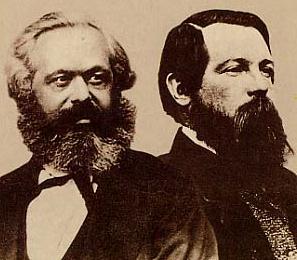The first 15 countries to grant women the vote
In chronological order: 1893 New Zealand1902 Australia1906 Finland1913 Norway1915 Denmark1917 Canada1918 Austria, Germany, Poland, Russia1919 Netherlands1920 United States1921 Sweden1928 Britain, Ireland All other countries in the world: Granted later or not yet granted. Interesting: Six of the fifteen are British or former British colonies, and the other nine are northern European. Source. Related: This clip on the Enlightenment of the 1700s, which transformed the Western world’s […]
The first 15 countries to grant women the vote Read More »
